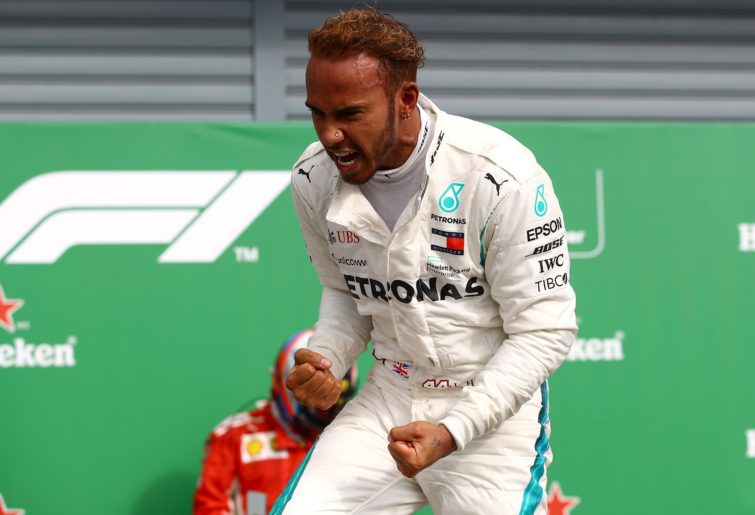'Welcome back': Reliving the last Chinese Grand Prix ahead of its much-anticipated return five years later
Five-years is a long time in motorsport, let alone the general state of the world – especially given the impact of the Covid-19 pandemic…
Opinion
The Australian Grand Prix’s fate was always doomed from the moment it was announced that McLaren had pulled out of the event after a team member tested positive for Coronavirus, so it was inexplicable that it took some 12 hours for official confirmation of its demise to arrive.
McLaren announced that it had withdrawn from the weekend following the news on Thursday evening, and though quarantined Haas personnel returned negative results, many in Australia expected to wake to find that the race had been cancelled.
That it didn’t come until 1000 local time on Friday was a bewildering decision, despite half of the teams having earlier voted not to continue, leaving tens of thousands of spectators stranded outside gates until the eventual announcement.
Formula One’s opening practice session was due to commence at midday, and even if the circumstances of the past 48 hours were out of its control, they were inevitable, so waiting until two hours before the season officially commenced has presented a terrible spectacle for the sport’s optics.
Each of the stakeholders in the event, the Victorian – and by extension, the Australian government, Formula One, the FIA and most pertinently, the Australian Grand Prix Corporation whom the final buck stops with, hold varying degrees of liability for allowing it to come to this.
As Lewis Hamilton remarked at Thursday’s prophetic drivers’ press conference, “cash is king.” A $60 million investment in the event based on the 2019 event was undoubtedly a large factor in the former’s reluctance to concede defeat, coming only after Mercedes formally requested the race’s cancellation, but it’s a write off that no amount of revenue could have justified avoiding.

(Photo by Marco Canoniero/LightRocket via Getty Images)
The right decision was ultimately made, albeit in an extremely amateur fashion. Not for the first time, Formula One, irrespective of the wider interests of all parties, has been caught on the back foot rather than reading the mood and acting decisively.
Without the obvious benefit of hindsight, they should have never set foot in the country in a climate which has deteriorated rapidly. The circus’ ill-fated presence again lent itself to the oft-suggested notion that F1 operates outside of the real world, so this is a sobering wake-up call.
The Bahrain Grand Prix – scheduled for next weekend as a non-spectator event, is now certain to meet the same fate, while subsequent events until at least June are highly unlikely to proceed. Where this leaves the balance of the season is a question nobody has an answer to.
For the sake of transparency, and using the Melbourne outcome as a learning experience, it’d be best for the sport to be upfront in reaching this conclusion, rather than risking recurring 11th-hour cancellations in an ongoing situation which isn’t contained to this race.
Formula One CEO Chase Carey was understandably coy in regards to the potential for rescheduling the Australian Grand Prix and the implications on upcoming events at the official press conference post-cancellation on Friday. They are now secondary considerations to “thoughts with those individuals that have been affected” by COVID-19.
Casting aside personal disappointment at the loss of an opportunity which presents itself every 12 months, this is far from the only event impacted by the now-pandemic. Sometimes it requires these measures to acknowledge a verdict which should have been finalised long ago.